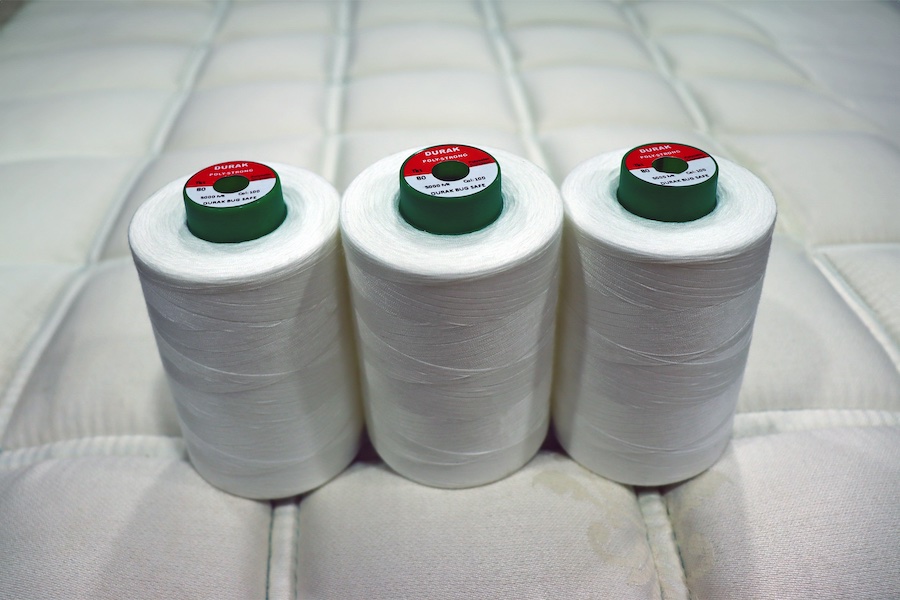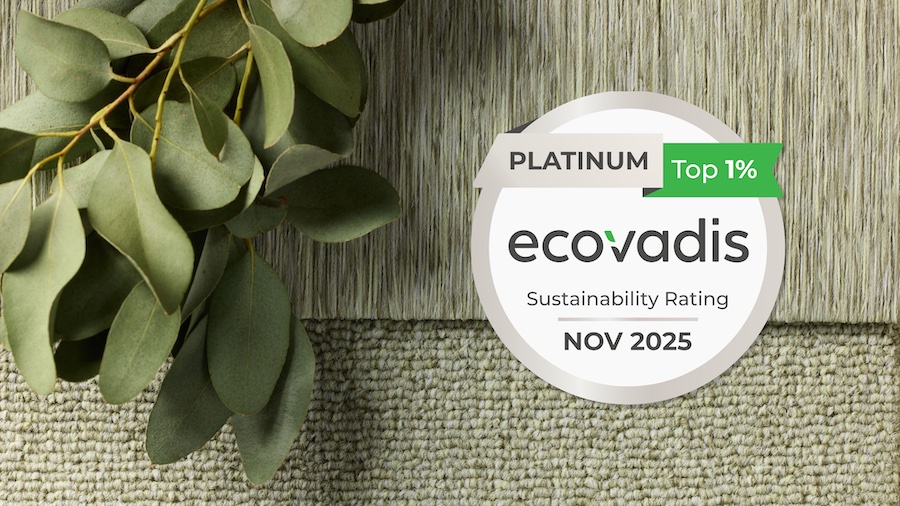#Yarn & Fiber
Insempra and Fibers365 announce successful testing of second-generation feedstock to manufacture fermentation-based products
2G feedstocks, also known as lignocellulosic feedstocks, are a key area of research and development in biotechnology as the industry is facing a growing need in the application of these in fermentation processes. Fast moving consumer good companies, for example, are demanding sustainably procured raw materials. By utilizing agricultural residues, 2G feedstock has the potential to reduce greenhouse gas emissions by replacing fossil-based and de-forestation-based ingredients and consumer products. Insempra has built a broad toolbox to use feedstocks derived from agricultural wastes and also upcoming intermediates originating from carbon capture methods.
The Fibers365 patented, modular, farm level Steam Fiber Plants allow the competitive extraction of functional cellulosic fibers, lignin and sugars from multi feedstock non-wood biomass. The sugars, currently used for the generation of biogas, can be further valorized by producing high-value products via fermentation for various industrial applications.
“By working together with Insempra, we are combining our unique 2G feedstock derived from agricultural side streams with the highly advanced fermentation technology platform needed to scale and make this sustainable feedstock accessible to broader applications.” said Stefan Radlmayr, Founder and Managing Partner of Fibers365.
One of the primary challenges with 2G feedstocks is the intrinsic material stability of lignocellulosic materials. Unlike first-generation feedstocks (e.g., those derived from beets, corn, sugarcane), which contain easily accessible sugars, lignocellulosic biomass is composed of complex structures that require pre-treatment and enzymatic hydrolysis to release the sugars. Developing efficient and cost-effective pre-treatment methods and robust enzymatic cocktails for biomass deconstruction is a key challenge in the adoption of 2G feedstocks at scale.
Insempra has successfully tested Fibers365’s 2G feedstock derived from agricultural waste streams (e.g., wheat straw) with its proprietary fermentation technology platform. Insempra is using this technology for the development of speciality lipids for application in the beauty and personal care as well as nutraceuticals and food industries. In addition to speciality lipids, Insempra is also working on the production of protein fibers and high-value functional ingredients with 2G feedstocks from agricultural waste.
“Using second-generation feedstocks in our manufacturing processes has always been one of our priorities as a biology-powered business. We are tremendously excited about the potential this technology not only has for our businesses, but for the whole industry.” said Jens Klein, CEO & Founder of Insempra.
By working together, Insempra and Fibers365 tackle the challenge of scaling and aim to maximize the potential of 2G feedstocks to support their mission to manufacture at scale in collaboration with nature, thereby contributing to a more sustainable and circular future.

















